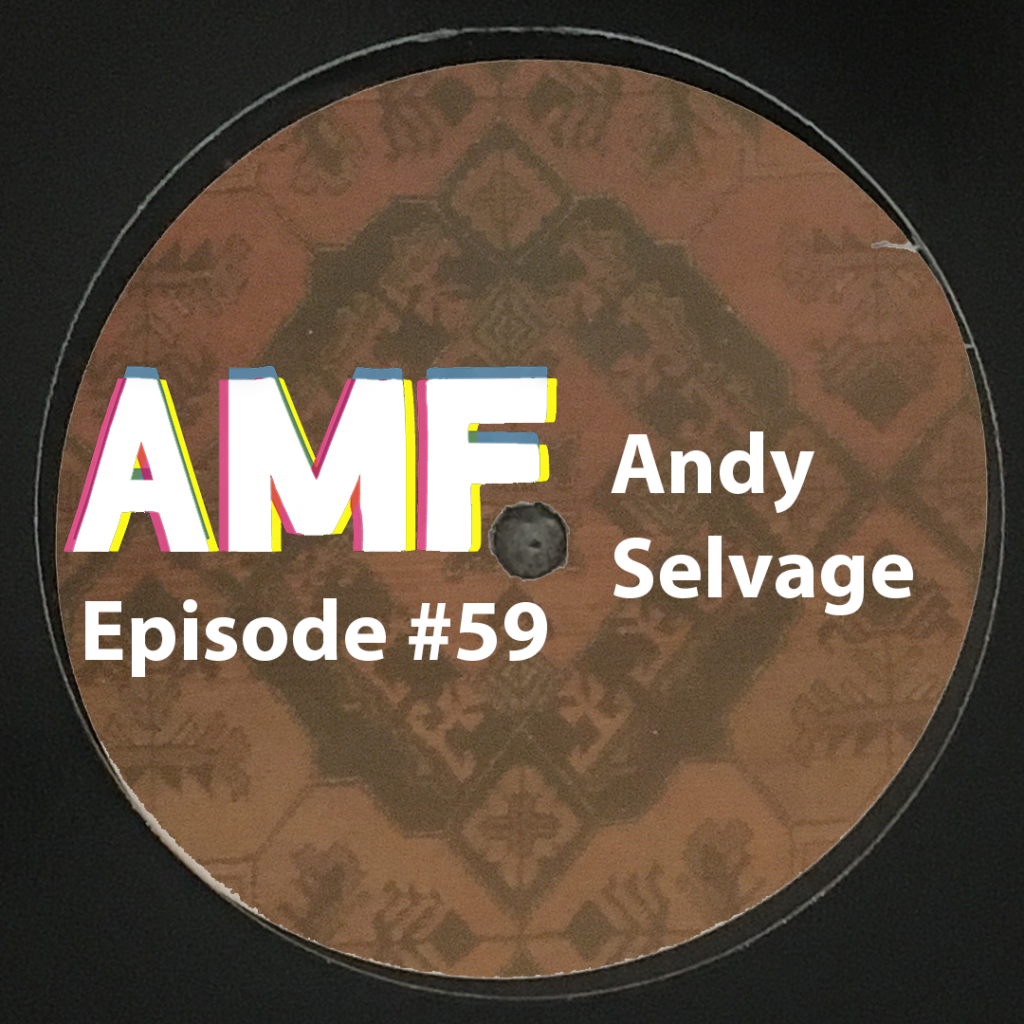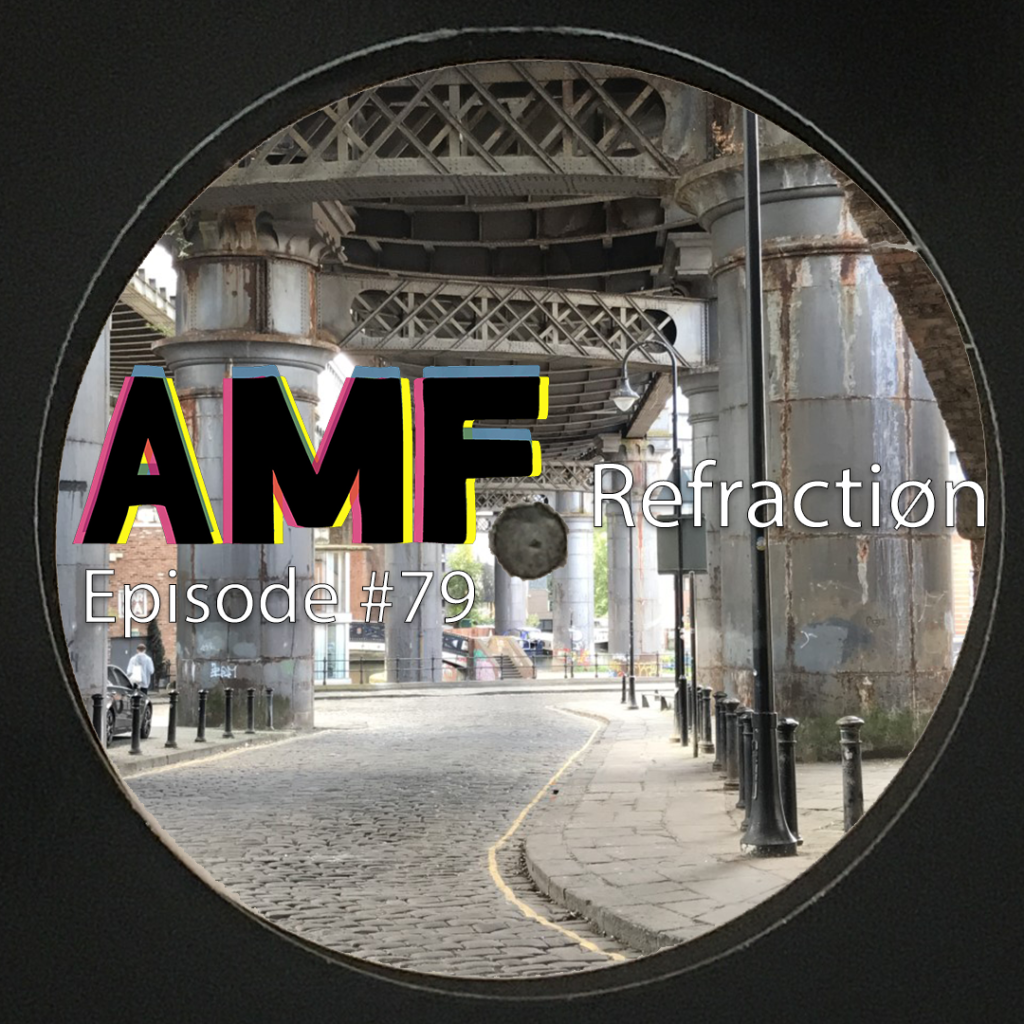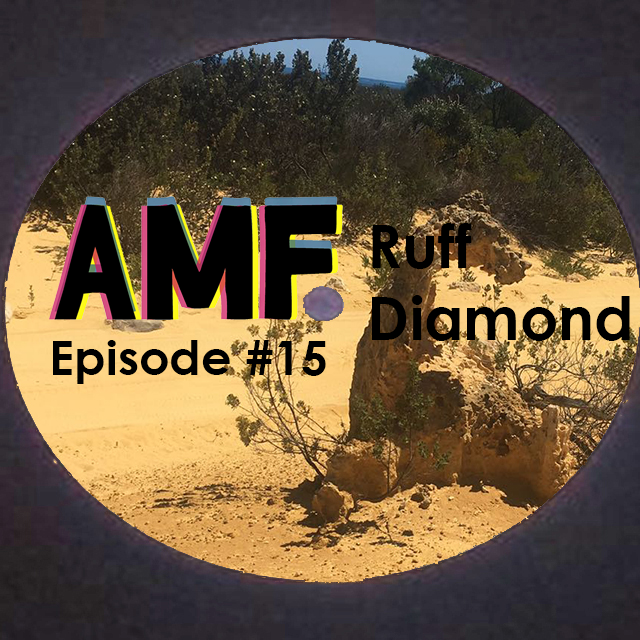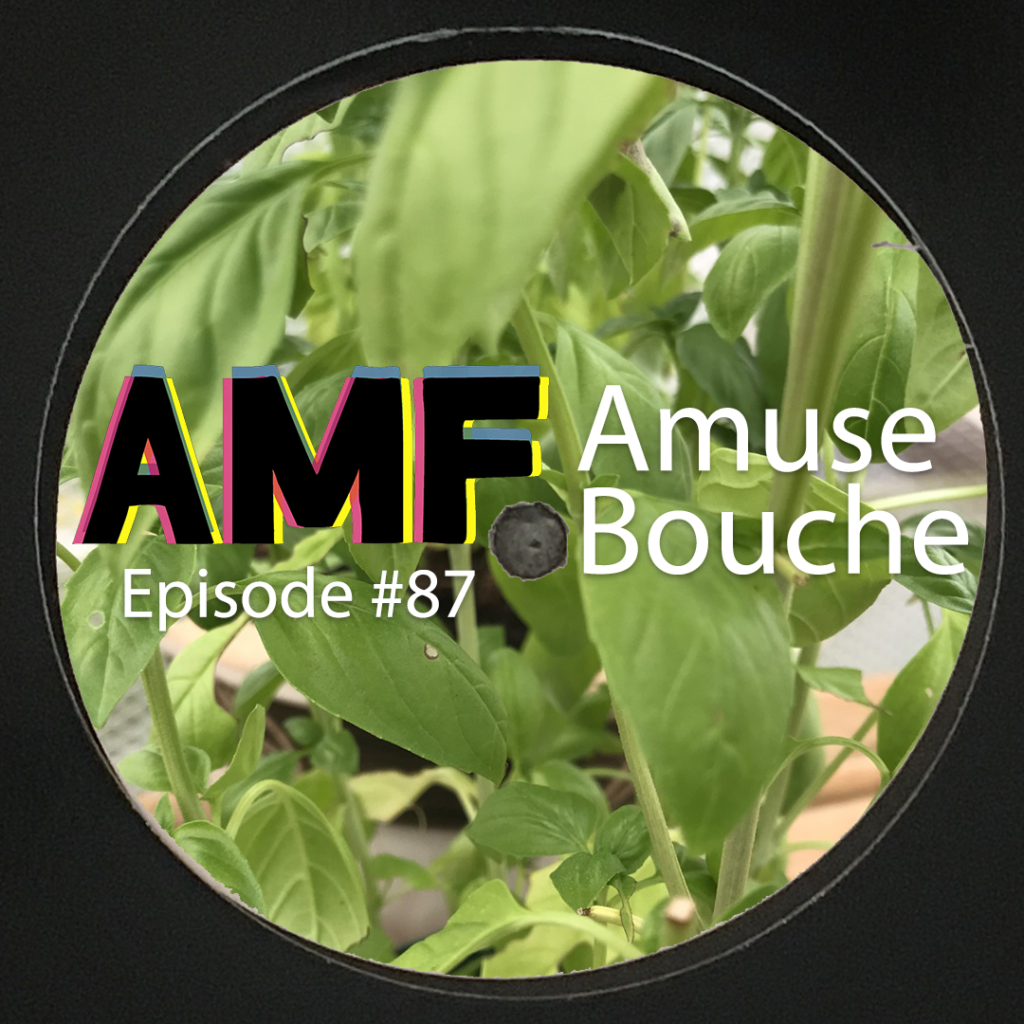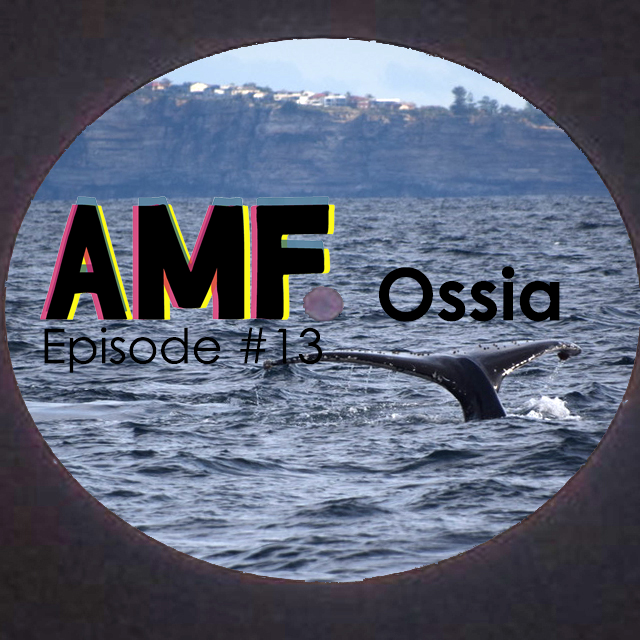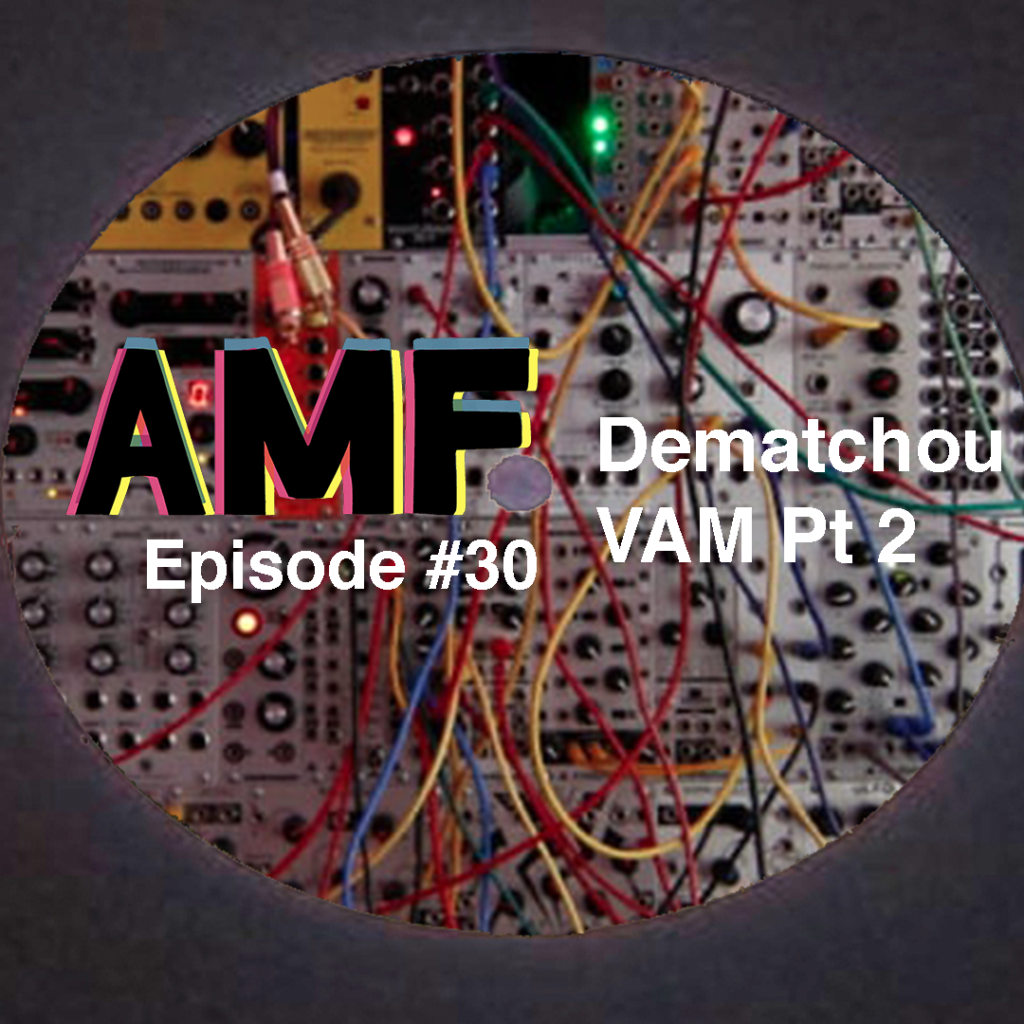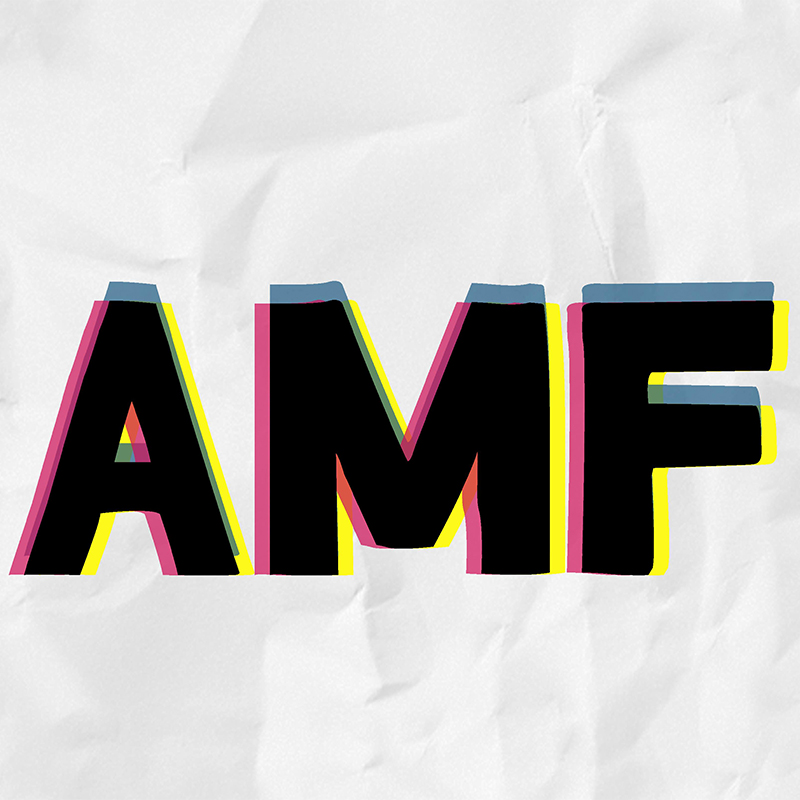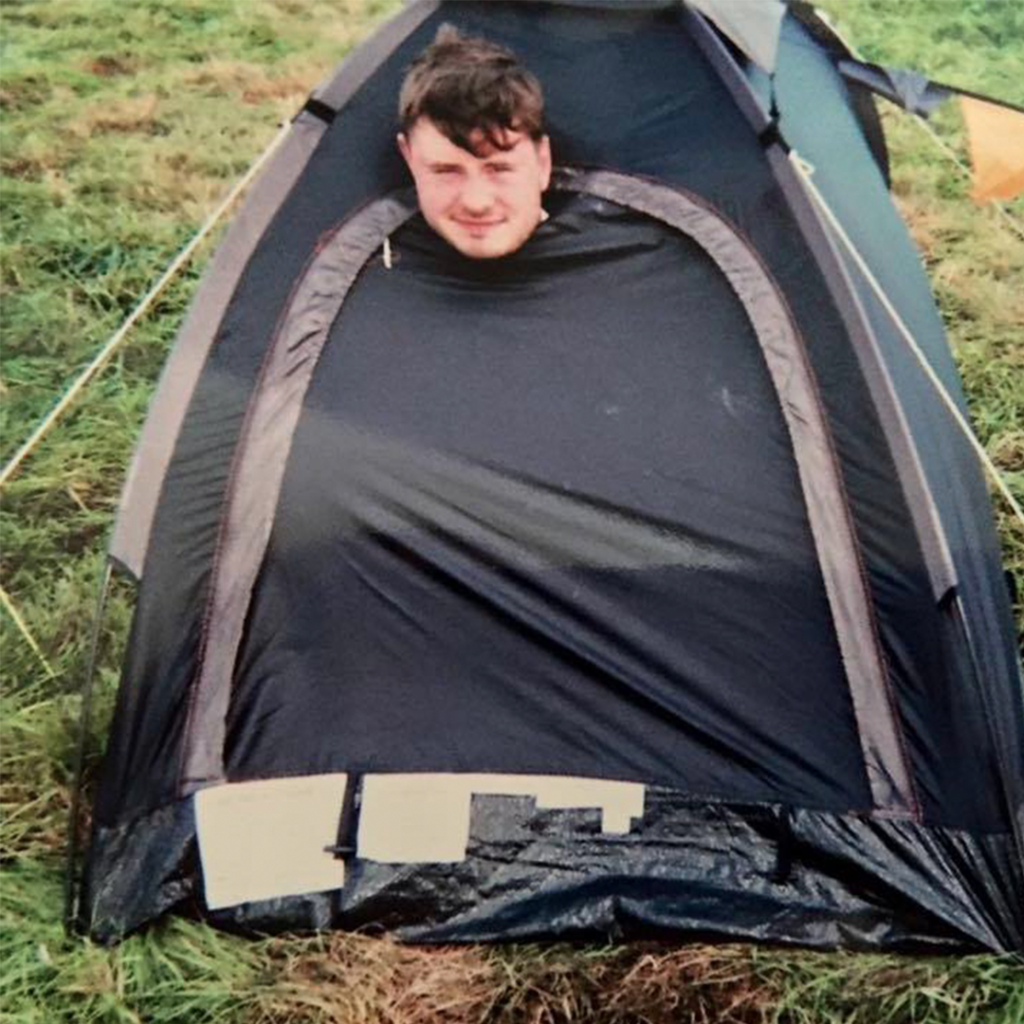
Written By – Liam Donoghue
AMF Head Honcho – Author Bio
AMF founder, resident, writer, and podcaster.
Facebook – Instagram – Soundcloud – Youtube
Hey Andy, thanks for putting a mix together for AMF it’s great to have you on the blog. We always kick these things off by asking our guests to introduce themselves and tell us a bit about their DJ journey. What’s your story? When did you start DJing and why?
Hi Liam, thanks for having me.
I suppose my DJ journey started in the same way as most people – when I got my first decks and mixer, which was about 15 years ago now. Like most people who decide to buy themselves a pair of decks and learn to mix records, I’m obsessive about the music I like.
When I bought my decks my main aim – as strange and it may sound – was to make listening to my vinyl collection a bit more involving. To give myself a reason to really listen to it properly, rather than just putting the needle down and immediately getting distracted by something else. Let’s face it, no one sits and listens to single unmixed dance tunes!
For the most part, they’re not designed to exist in isolation. So, buying a pair of decks and a mixer and learning to mix seemed like the obvious way to listen to the records I was buying at the time.
Do you have any DJ’s, producers or events that you cite as inspirations? Have there been any sets or nights that you can point to that have influenced your DJ style?
I think my time spent at Back to Basics in Leeds has had the biggest influence on me, rather than any specific DJ or producer. Not specifically the genre of music, but more so the energy of the nights. I’d never experienced anything like it at the time and I think only some of the nights I’ve been to at the White Hotel have come close to matching that feeling.
Back to Basics have also had some of the most talented residents I’ve seen (Tristan da Cunha, Ralph Lawson, Frenchy, Burnski to name a few) and I suppose their ease behind the decks, playing for the most part, vinyl-only sets has been something that I’ve aspired to.
I have a pretty broad musical taste and I’ve never felt the need to constrain the genre of music I play, and generally I try to adjust my mixing style according to genre. Typically, short sharp mixes/cuts for more dynamic music styles and longer blended mixes for more tracky styles; mixing early or late to bring the energy up or down. All pretty standard stuff.
I like to move through genres during a set, but in a smooth progressive way; I’m not a fan of DJs who jump about between genres from one track to the next. These kind of sets seem a bit directionless to me, and in a live setting, it doesn’t really reflect how the energy level of a crowd changes during a set. The old adage about a set being like a journey definitely rings true for me.
I’d like to chat a bit about record collecting and curating a catalogue of music, Whether that’s digitally or on wax. How do you search for and purchase music? Do you have certain rules you follow or genres you gravitate too? What are the key things you look for in a track that makes you say “yes, I’ll buy that”.
I have a fairly broad collection so it is pretty difficult to keep up to date with several genres at once; in terms of money and time. I tend to find that I go through stages where I become obsessed with certain genres and my interest in other genres wanes a bit. But I do still continue to buy stuff that I like even when that particular genre is not at the forefront of my thoughts. The result is that I’ll have a pile of acid techno (for example) that I’ve bought, but haven’t really had time to listen to yet. I’ll quite regularly be flicking through my records and find a couple of records that I’d forgotten I’d bought!
In terms of genres, I started out collecting 2-step and broken dubstep, but transitioned to more 4/4 house-type stuff when the genre started to run out of steam. Since then my collection has broadened quite a lot, and I’ve got pretty decent collection of deep house, minimal/tech-house, acid techno/electro and rapidly growing collection of UKG and Italo/EBM. I get most of my new vinyl from Juno – they are peerless in terms of the breadth of music they stock and the speed that they get it to you. And, obviously Discogs digging for anything else. I do like to have a dig in physical record shops from time to time too, but it’s usually just a kind of speculative thing for me. If I happen to be in town with a bit of time to kill I’ll go for a browse and see if I spot something interesting.
When I’m buying vinyl I just do what most people do – listen to samples or watch YouTube videos. Obviously Instagram and Facebook are good for picking up on new producers or labels as well. For the most part I know within 10-20 seconds or so if I’ll buy it or not.
For me, it’s usually down to a couple of factors: can I see it mixing well with other tunes I have; and is it bringing something different? I’m sure you’ve found yourself wading through release after release and none of them really stand out – they’ve got no groove, they don’t really go anywhere or they’re just totally derivative.
I’ve pretty much given up on digital music. When I was starting out I amassed a (unmanageably) huge collection of illegally downloaded tracks. Then, I went through numerous cycles of deleting and reorganisation. But, more recently I’ve found myself downloading less and less, to the point that my CDJ had gathered a thick layer of dust due to lack of use. I’ve recently sold it, and haven’t missed it at all.
From music collecting to clubbing, what, for you, makes a great party? When you’re scanning the listings for a great event to go to what are you looking for?
I don’t think I’m too different from most people in that first and foremost I look for the DJs I like, or that I’ve been dying to see. But, for me, the venue is equally, if not more important.
There are plenty of occasions when I’ve passed up the chance to see one of my favourite DJs because I know the venue will ruin the experience for me. I’m very much against this phenomenon of ‘tourist clubbing’ – copy-paste line-ups of 20-odd DJs all playing hour-long pre-programmed sets and a crowd that for the most part don’t know or care who they’re listening to.
People will argue that interest in dance music through these types of events trickles down to the underground, but I’ve yet to be convinced by this argument.
Certainly, the brazen attempts by certain organisations to monetise dance music at the expense of founding principles of the movement is something that makes me angry and sad in equal measure.
Speaking about clubbing are you excited to get back out dancing once the pandemic is over. What are you most looking forward too? Record shopping, nights out?
I think I’m no different to any dance music fan in that I cannot wait to get back on the dance floor. I suppose it’s cliched to say, but groups of people dancing together has been a fundamental part of human culture since day dot, so not being able to do that has left a huge hole for a lot of us.
Finally, it’d be great to get your predictions for dance music post-covid. Are you hopeful or a bit fearful for clubbing after the pandemic? What are your overriding feelings and emotions?
Well, I think the big fear for most of us is that some of our favourite venues will go to the wall because of the criminal lack of support from the government.
Thankfully, I’m not aware of any incidences of this in Manchester just yet. But, even if this were to happen, the underground scene will survive. Promoters in this city are a pretty resourceful group of people who do what they do for the love of the music, and there are so many great unused spaces that I don’t have any worries for the scene itself.
I think it’s the big events that are likely to be affected the most, and I’m afraid to say that I don’t feel too sorry that those promoters, who’ve made huge amounts of money out of the scene and in many cases have given very little back.
